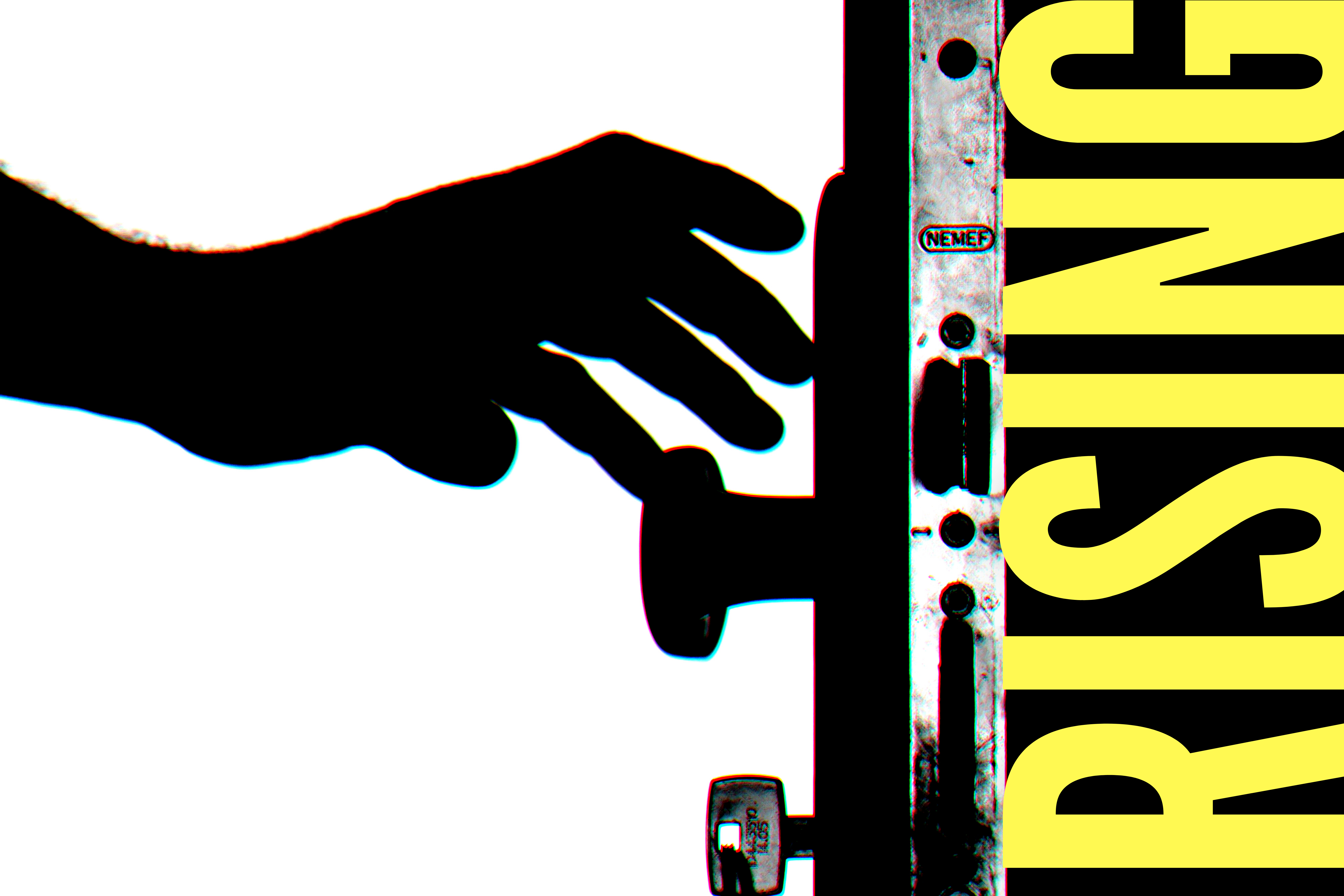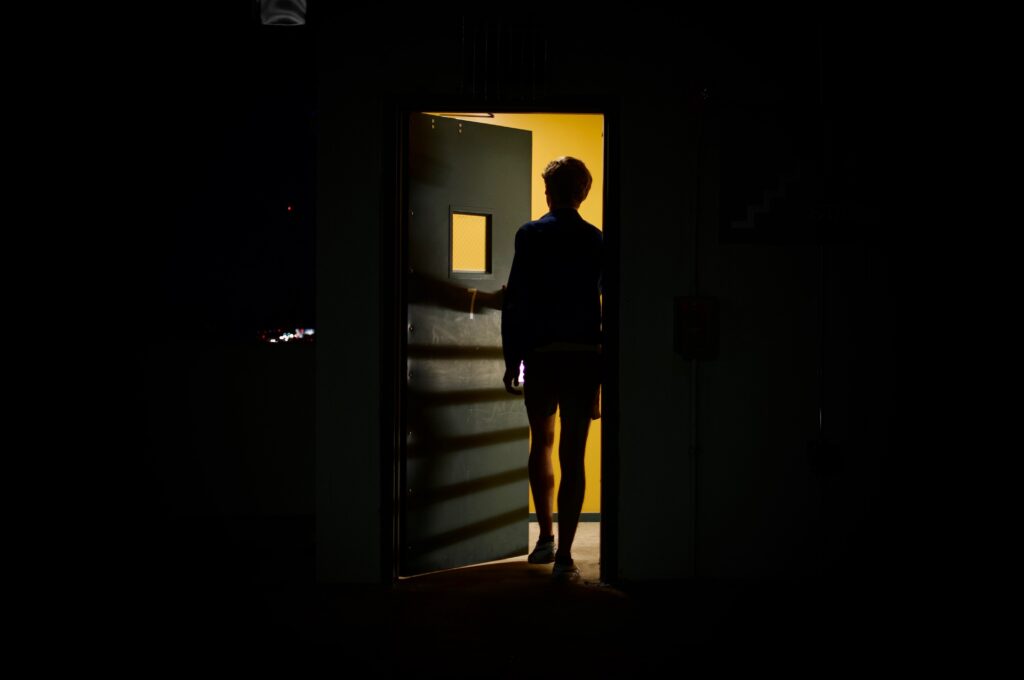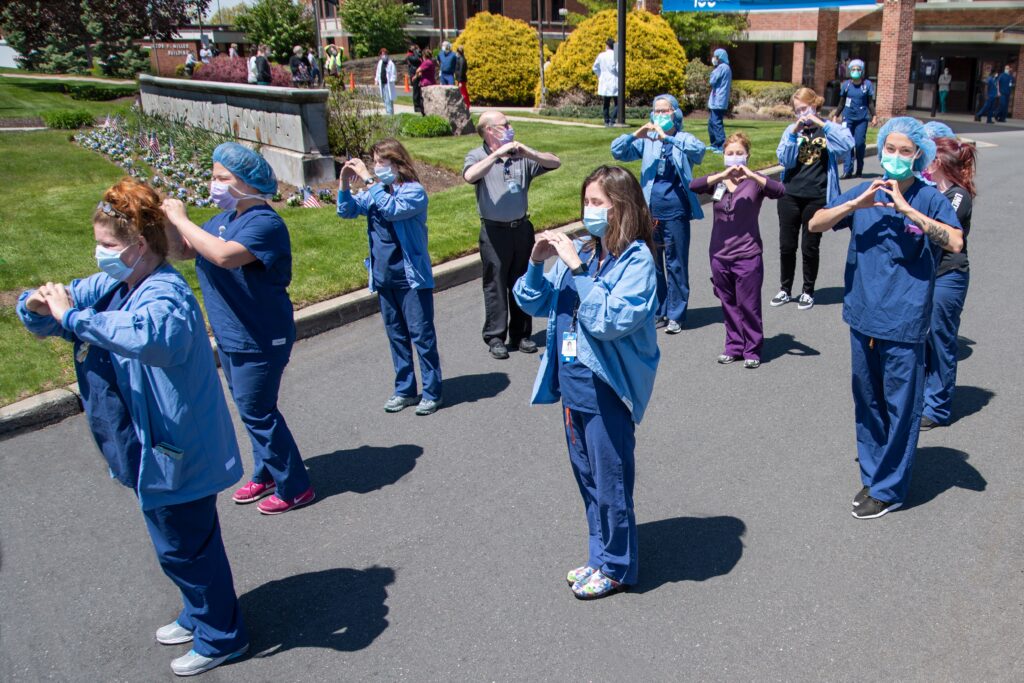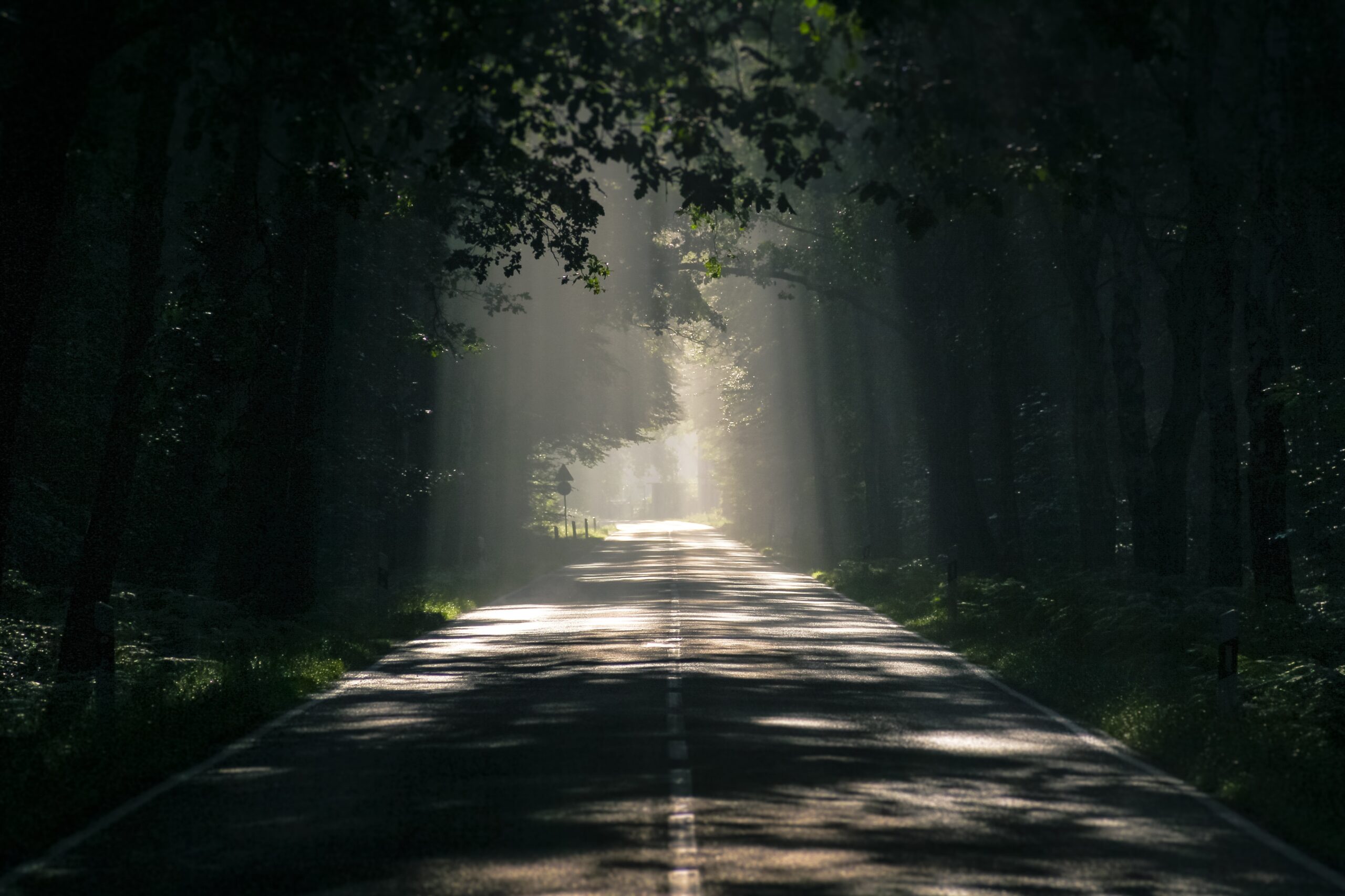
Easter ‘21: rising from the pandemic
Easter is one of those feasts which goes under several disguises. Chocolate-fest, spring break, holiday weekend … yet rarely is it recognised for what it is, namely the Christian feast which requires the ultimate leap of faith.
For if truth be told, even a benign agnostic or distracted atheist could just about cope with the miraculous Jesus who cures the sick, walks on lakes or turns water into wine. But when it comes to rising, physically, to life after being dead and buried, well, that really is a leap of faith.
Yet that is what 2.382 billion human beings or 31.11 per cent of the world’s population will be officially marking this Sunday as they celebrate Easter.
But what wider significance does the feast have, beyond the confines of theology (and the chocolate egg counter in the supermarket)?
Easter (the word) is Germanic in origin – related to German Ostern and east; or perhaps from Ēastre, the name of a goddess associated with spring. In Latin languages (Pasqua in Italian, Pâques in French, Pascua in Spanish) it’s linked to the word Pasch and the Jewish Passover (During Passover, Jewish people remember how their ancestors left slavery behind them when they were led out of Egypt by Moses).
So language gives us a clue. Easter is about new life but also about liberation and a new start. Which seem highly appropriate themes for the world today as we begin to experience liberation from disease and death thanks to the rollout of anti-Covid vaccines and the foreshadowing of a return to a new normal on the horizon.
But just as Jesus was the same but different after his resurrection (the same person but with a risen body which did not experience the same confines as our own), and just as the Jewish people experienced a new start for their community (the same bonds of unity but in a different setting and context), so the world of 2021 faces a new start this Easter.
The challenge is to be the same but different …

The risen body of Christ, according to the Gospels, still bore the marks of the crucifixion. Indeed the apostle Thomas (whose first name was not, incidentally ‘Doubting’) was invited to put his finger into the marks made by the instruments of torture on Jesus’ risen body to help him believe.
So too will the new normal post-Covid world still carry the marks of suffering which the last year has inflicted on humanity. Marks of grief, of long-term illness, certainly, but maybe also (in that Easter spirit of hope) marks of solidarity, of mercy, of heroism and of charity.
The pandemic has been a long crucifixion for an unsuspecting humanity; the post-pandemic world must be a better, resurrected, world than the one which preceded it.
So what lessons can we draw at a societal and individual level? Let me suggest two of each:
As a society, we must never forget the extraordinary heroism of so many men and women in the caring professions who put their lives – literally – on the line to care for the sick and dying. Governments need to reassess how we remunerate and reward those exercising such professions. And we as citizens should learn to appreciate ever more the greatness of those who embrace a calling to care for others.
As a society, we must recognise also the need for interdependence. None of us has survived this period alone. Each has needed the communal support of families, friends, supermarket workers, medics, teachers and so many others to stay alive and to stay sane.
So the post Covid world needs to be marked by a greater appreciation of the fact that no man (or woman) is an island.

As individuals?
We must learn never to take anything for granted. The ache for a hug, the agony of family separation, the confinement of travel restrictions have all left their mark. The ability to go for a coffee, to take a holiday, to go shopping … These joys have been cruelly snatched away from us in a way we had never imagined possible. We must never take them for granted in future.
And maybe the most important lesson for individuals is the value of hope.
During the darkest days of lockdown, it was the prospect of better days ahead which kept many of us going. I remember reflecting, as scientists and politicians closed down freedom after freedom, that the cruellest blow would be to take away hope – hope of being reunited with loved ones, hope of travel, hope of cure …
Hope is a precious commodity. It gives us the energy to move forward in adversity. It offers light when we feel shrouded in darkness. Without it we require herculean strength even to carry out the simplest tasks.
Which brings me back to Easter…
New life means new hope. For believers the resurrection is the Feast of Hope par excellence. In Christian theology the resurrection of Jesus is about rising above our wounds, it teaches that death need not have the last word. The brutal, seemingly tragic full-stop of the crucifixion now opens itself to an unexpected new chapter with the presence of the risen Christ. Thanks to this, Christians are convinced that Jesus is alive today, active and really present in daily life.
For those who do not hold or practise a faith, nature itself preaches a sermon with its warmer days and brighter blooms.
Covid has been a kind of Lent for humanity – a period of denial, of fasting from legitimate pleasures. The post-Covid world will be marked by the wounds of the last year… but please God, may it also be suffused by the warm rays of Easter hope.
Like what you’ve read? Consider supporting the work of Adamah by making a donation and help us keep exploring life’s big (and not so big) issues!
